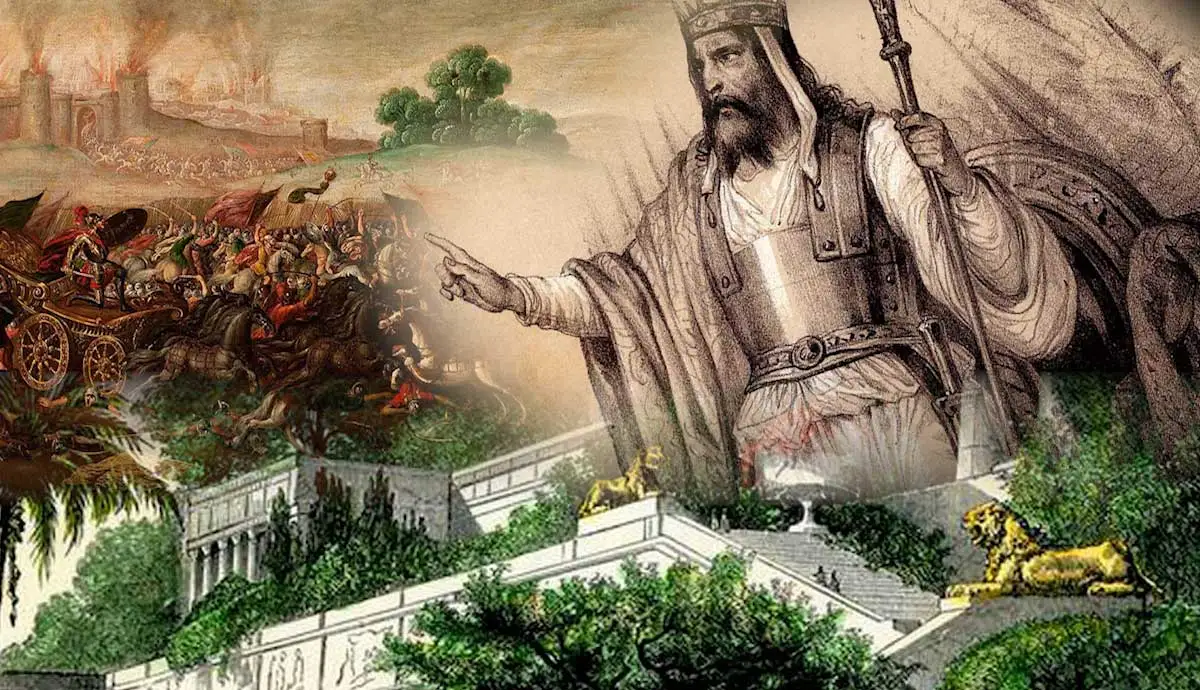The burden of Babylon, which Isaiah … did see.
Lift ye up a banner upon the high mountain, exalt the voice unto them…
And I will punish the world for evil, and the wicked for their iniquity; I will cause the arrogancy
of the proud to cease… (2 Nephi 13: 1, 2, 11)[1]
The Burden of Babylon: the Proud
The question is sometimes
asked: why does the Lord use such evil nations as Assyria and Babylon to punish
His people? Do they get off scot-free? The answer is that, no, they do not get
away with anything. Assyria and Babylon
were both destroyed and, whereas Israel has been promised a return, Assyria and
Babylon have not. These wicked nations may have been far more evil than the
Children of Israel, but Israel had been chosen to be a royal priesthood. When
they fell, their fall was hard. Where
much is given, much is expected. By the choices Israel and Judah made, they
negated in some ways the covenant they had with God. They had been promised
protection and prosperity if they would serve the God with whom the covenant
was made; when they did not, God withdrew His protection. He did not have to punish them. They punished themselves. With the hedges of
God’s protection gone, they were easy prey to proud and ambitious nations. Those
nations, in their turn, also fell.
One of the themes of the
Book of Mormon is America’s Covenant with God. We are told throughout the text
that this land is choice above all other lands and will be protected so
long as the inhabitants serve the God of this land, which is Jesus Christ. Two
nations in the history of the world have been founded on divine covenant:
ancient Israel and the United States of America. Israel fell, but for us the covenant is still
in effect. As a nation, how are we
doing?
At the end of twelve months he walked in the palace of the kingdom of Babylon.
The king spoke, and said, Is not this great Babylon, that I have built for the house of the kingdom by the might of my power, and for the honor of my majesty?
While the word was in the king’s mouth, there fell a voice from heaven, saying, O king Nebuchadnezzar, to thee it is spoken; The kingdom is departed from thee. (Daniel 4: 29-31)
[1] See Isaiah 13; the
head note for these chapters state that the woes in these verses are a type of
the woes coming before Christ comes again.



No comments:
Post a Comment